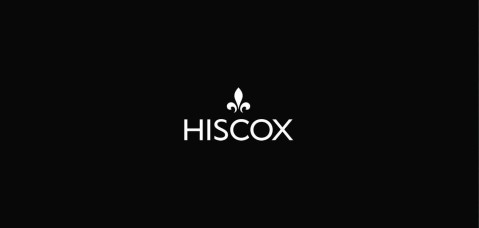Carl Day, Hiscox’s Upstream Energy Line Underwriter, explains Brazil’s transformation into one of the world’s major energy exporters.
The towering forms of oil platforms in Rio’s Guanabara Bay, on their way to oilfields far off Brazil’s coast, have become a potent symbol of Brazil’s emergence as a global oil superpower.
The Western Hemisphere’s biggest new oil finds in the past three decades have been made in Brazilian waters, and these discoveries have helped spark a national economic boom.
Every firm involved in the country’s oil rush needs insurance cover, and the world’s energy underwriters are queuing up to offer it. Brazil offers underwriters an entire book of business, in terms of the wide array of different risks and clients.
Big oil, big challenge
But getting the oil to the surface requires Petrobras to continuously push the boundaries of logistics and technology, because most of Brazil’s recent discoveries lie trapped far off the coast in fields four miles beneath the seabed under a thick layer of salt.
Petrobras purchases plenty of insurance coverage, however the difficulty for international underwriters is in getting access to it. Brazil’s incumbent insurer, Itaú, and state-run reinsurer, IRB, have major influences on insurance placements.
International insurers act as reinsurers to Itaú and retrocessionaires to IRB, but the challenge is in getting access to the right business at the right price with the necessary underwriting controls. The market is also highly competitive, despite being so new.
Hiscox has taken the lead in developing a new channel through which to source Brazilian energy risks. It has forged a close relationship with Austral Seguradora, a local insurer, to target small, new players in the oil industry.
Don’t count petrodollars too soon
But risks remain. Although initial production at Petrobras’s subsalt fields is encouraging, other explorers have hit problems. OGX – the oil company of Eike Batista, once Brazil’s richest man – is teetering on the brink of bankruptcy, after declaring that its only producing wells have turned out to be failures and are likely to be shut down.
The legal regime is also an issue. Brazilian prosecutors filed the largest-ever environmental lawsuit in the country’s history against Chevron and its drilling contractor Transocean following an oil spill far off the Brazilian coast. Prosecutors had sought $18bn in damages from the two firms – much higher than the $4.5bn penalty imposed by U.S. courts against BP for the Deepwater Horizon oil spill – as well as filing criminal charges against them and some of their employees. In October, Chevron agreed to pay around $135 million in compensation.
Despite the risks, Brazil offers plenty of rewards for London Market insurers – providing they understand the market. Hiscox has worked very hard to get to know all the players in Brazil and has become one of the London Market’s acknowledged leaders for Brazilian risks. We’re very aware of the challenges of doing business there, but we think we’re better placed than most to cope with them.
Image credit Celso Marino




